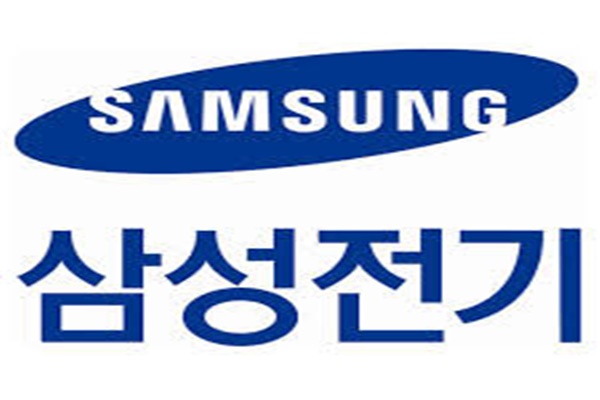SoluM, which came off from Samsung Electro-Mechanics, will finish its process of establishing corporate body and pull up anchor of new start on the 1st of September.
SoluM is a new parts business that has total sales of $510 million (600 billion KRW) from power modules, tuners, electronic shelf labels (ESL), and others and 2,200 executives and staff that participate as stockholders. Industries are showing much attention to it because its major business is a minor business that had been liquidated from Samsung Electro-Mechanics.
CEO Jun Sung Ho, who worked as a director of Samsung Electro-Mechanics’ Digital Module (DM) Department, will first grip and steer a rudder of SoluM. SoluM will develop its business by setting up its production base at Dongguan factory in China that produces hard disk drive (HDD) motors and power modules. After Dongguan Samsung Electro-Mechanics stopped its HDD motor business and decided to break off a department, it transferred $47 million (55.2 billion KRW) worth of transfer of stocks to SoluM.

Its Headquarter in Korea, which is constituted of management and R&D, is planning to rent out part of Samsung Electro-Mechanics workplace in Suwon and use it.
It seems that SoluM will safely land in market by taking over most of previous customers of major products such as power modules, tuners, and others. Although these are considered as low growth and low profitable businesses, they constantly record fixed sales unlike HDD motors. Industry also sees that its growth will be satisfactory as SoluM can focus on capabilities of corresponding business as an independent management.
ESL business, which was promoted as a new growth business by Samsung Electro-Mechanics, will also actively enter into business rather than using breaking off from Samsung Electro-Mechanics as an opportunity. Although its vitalization is a bit slow in Korean market, its market size is rapidly expanding in Europe and North American distribution markets. According to industry’s estimation, global ESL market size in 2014 and 2015 were $850 million (1 trillion KRW), $1.7 billion (2 trillion KRW) and is expected to grow to $4.2 billion (5 trillion KRW) in 2016.
Staff Reporter Park, Jungeun | jepark@etnews.com